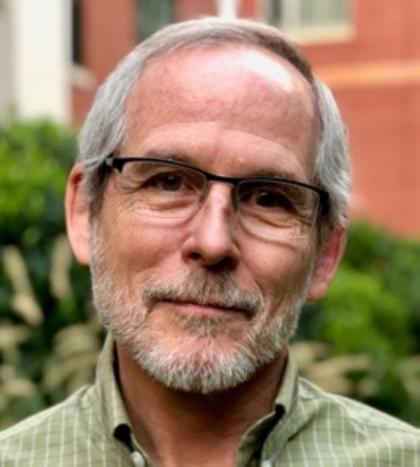Dept. of Chemical and Biomolecular Engineering Seminar Series: Roger Kamm

Description
Roger Kamm, professor of biological and mechanical engineering at the Massachusetts Institute of Technology, will give a talk titled "A Neurovascular Model for Alzheimer's Disease" as part of the Department of Chemical and Biomolecular Engineering Seminar Series.
Kamm has fostered biomechanics during his career as Chair of the U.S. National Committee on Biomechanics (2006-2009) and of the World Council on Biomechanics (2006-2010). In 2014, Kamm co-chaired the World Congress of Biomechanics and currently directs the NSF Science and Technology Center on Emergent Behaviors of Integrated Cellular Systems. He is the 2010 recipient of the ASME Lissner Medal and the 2015 recipient of the ESB Huiskes Medal, both for lifetime achievements, and in 2018 was the inaugural recipient of the Nerem Medal for mentoring and education. He is a member of the National Academy of Medicine since 2010. Kamm is co-founder of two companies, Cardiovascular Technologies and AIM Biotech.
This is a hybrid event; to attend virtually, please use Zoom Meeting ID: 919 5918 2879 / Passcode: 270887.
Abstract:
Alzheimer's Disease constitutes a current and growing problem for our aging population, and while recent drugs, both FDA-approved and ones at various stages of clinical trial, show promise, nothing is yet available with demonstrated efficacy in treating the underlying disease. Most current drugs in the pipeline have been developed by traditional methods using high-throughput screens and animal studies, without the benefit of relevant in vitro models. Several approaches are now being developed, however, with both organ-on-chip and organoid-based models that show considerable potential in recapitulating human neurological disease. Here we present a model consisting of a microvascular blood-brain barrier with barrier properties comparable to those measured in vivo, consisting of a co-culture of endothelial cells, pericytes and astrocytes. Extensions to the current model including a neural compartment with healthy neurons and ones modified to express elevated levels of amyloid beta and a meningeal lymphatic system will be presented. The model is evaluated based on transcriptomic and functional data and demonstrated to be useful for assessing therapeutic delivery across the blood-brain barrier, disease modeling and drug screening.
Who can attend?
- General public
- Faculty
- Staff
- Students







